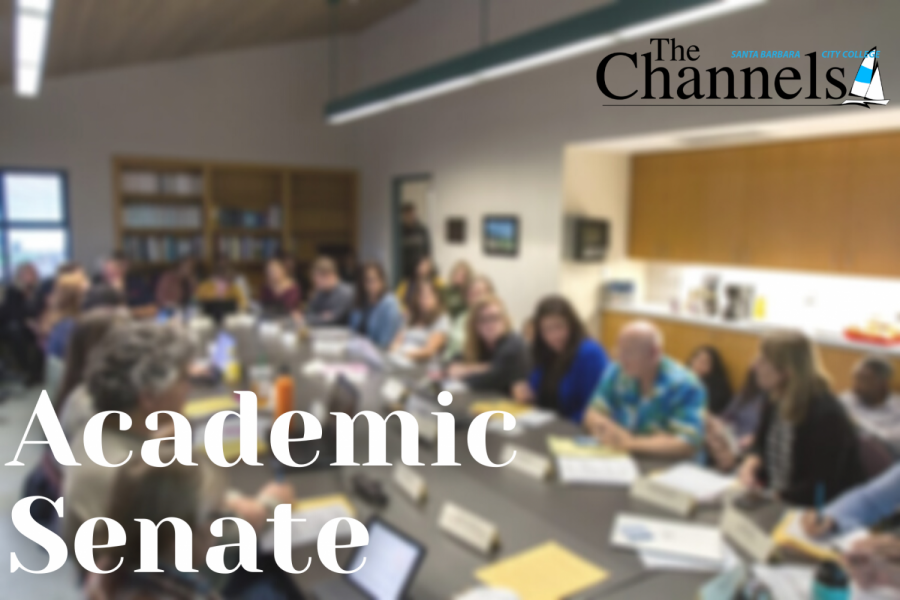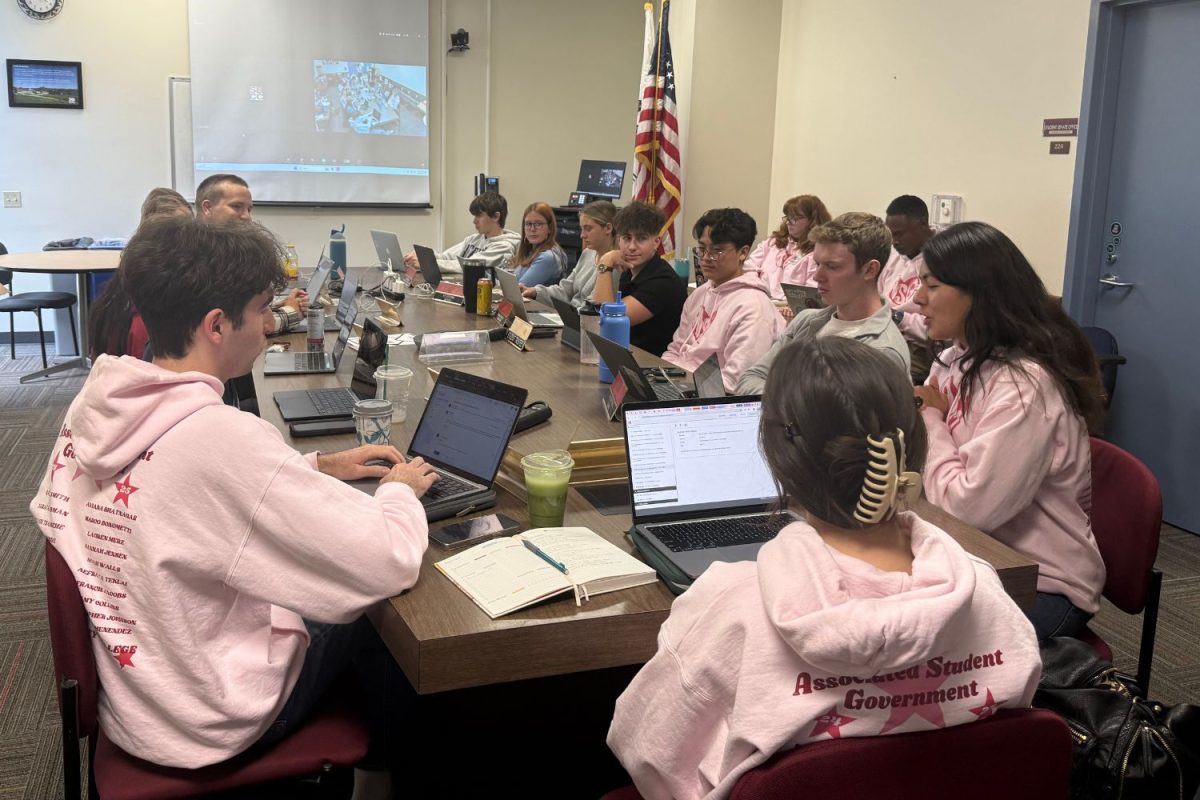The Academic Senate approved faculty excellence awards, rejected a change in online proctoring and received an update on resolutions from the spring state-level plenary on Wednesday, April 20.
Five City College faculty members were nominated for the 2022 Faculty Excellence Award; communication professor Darin Garard, computer science instructor Nathalie Guebels, English professor Melissa Menendez, history instructor Matt Mooney and School of Nursing Director Sarah Orr.
“One of the best parts of this job is to celebrate our faculty in a number of ways,” Academic Senate President Raeanne Napoleon said. “We see you, we acknowledge you, we celebrate you and we are so glad that you are our colleagues.”
The recipients were nominated by their peers for their contributions to their departments, their students and the college. All full-time and adjunct faculty members, as well as all non-credit instructors, are eligible to win the award once and will be honored at the fall 2022 in-service.
Political science and economics professor Andrea Haupt spoke during public comment, encouraging the senate to reject a recommendation by the Committee of Online Instruction to switch online course proctoring software, currently Proctorio, to Respondus beginning in the Summer I 2022 semester.
Among Haupt’s concerns were that Proctorio allows more options for instructors while proctoring, with the ability to access computer cameras and audio for monitoring purposes while testing. She also cited better technical support for Proctorio, as well as the inability to create quiz presets for Respondus.
The recommendations had been previously discussed during meetings on March 9 and March 16.
The senate voted in favor of a motion that rejects the recommendation by COI and slows the process down to allow for direct engagement with faculty members who use the software.
Tara Carter presented the resolutions passed by the Academic Senate for California Community Colleges (ASCCC) at the spring 2022 plenary. The senator representing social sciences served as City College’s delegate at the event.
Resolutions included 16.03-16.05 which seeks to establish an advisory committee, faculty liaisons and professional support for statewide incarcerated education efforts through the Rising Scholars Network.
The ASCCC also passed resolutions in opposition to California AB 1705, particularly the section which seeks to include non-credit offerings as part of the “transfer” pathway. This would mean that non-credit courses cannot allow pre-transfer English or math courses.
“What [AB 1705] is missing is that not every single community college student has a transfer goal,” Carter said. “Our students are not monolithic…[they] have a rather complex set of needs and goals, they’re not identical so why should we treat them as such?”
The Academic Senate will reconvene on Wednesday, April 27.








